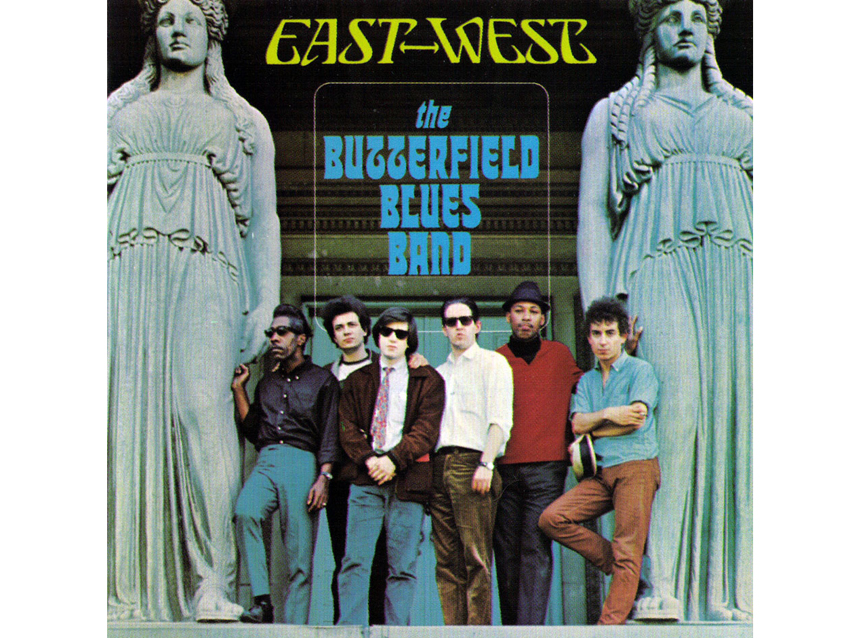
Motley Crue's Mick Mars: the 10 greatest blues guitarists of all time
Although he's famous for playing fat, crunchy riffs and stinging solos - through walls of Marshall stacks, of course - on heavy metal classics such as Girls, Girls, Girls and Shout At The Devil, Mick Mars, the 'silent shredder' of Motley Crue, really considers himself a bluesman at heart.
“I discovered the blues when I was maybe 12 or 13," Mars says. "I was in my house and they were playing this really loud music next door. I could literally feel it through the window – our houses were pretty close together. I didn’t know what they were playing, but it sounded good. So I went over, knocked on the door and said, ‘Hey, can I borrow that record?’ I can’t remember what the album was, but it was the blues."
The first blues record Mars bought was the 1965 debut album by The Paul Butterfield Blues Band. After he got a load of their follow-up, East-West, he was hooked. "I started going out and getting things by Champion Jack Dupree, Pacific Gas & Electric and all of these different blues bands," he says. "And then along came Jimi. What Jimi Hendrix was playing was blues, but he took it a whole step further. What he did was unbelievable."
As to how he's incorporated the blues into his own style, Mars says, " The only way that I can describe that is to look at what all of the players were doing in the ‘80s. They were doing these scales, but there wasn’t any feeling at all. Without sounding cheesy, but I want every note to be from my heart and my soul. So that’s what I take from the blues – feel.”
On the following pages, Mick Mars lists those guitarists whom he considers to be the 10 greatest blues players of all time.
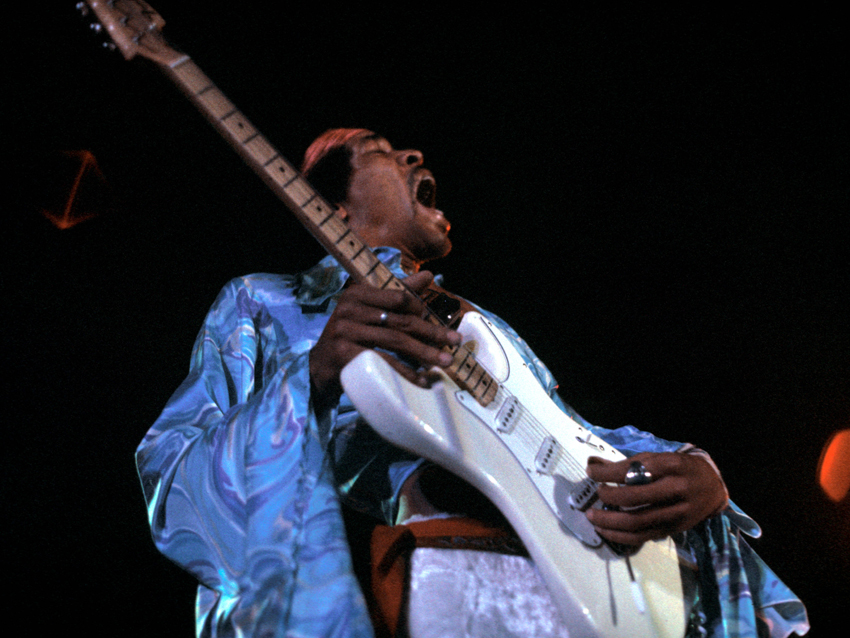
Jimi Hendrix
“He changed the way people approached the blues. He took it a step further. Whereas a blues purist might have heard Jimi and went, ‘Oh, I don’t know...’, I grasped what he was doing immediately and said, ‘Wow, this is really cool!’ I mean, all of it.
“When you listen to his songs, they are blues – I mean, I guess all rock ‘n’ roll is blues based – but what Jimmy did was so far beyond everything. It’s blues on a whole different level. He was way, way ahead of his time.”
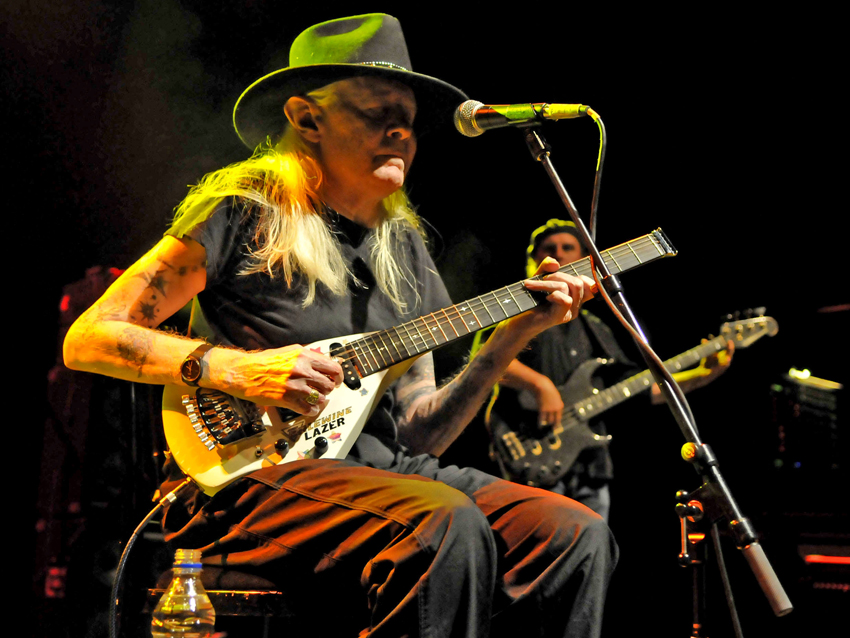
Johnny Winter
“Johnny Winter taught me speed. Not necessarily like a scales player would do it – it’s a whole different way of approaching how to play fast.
“Here’s the thing: Mike Bloomfield is Chicago blues, Johnny Winter is Texas blues, and there’s a big difference. Memphis blues is different, as well.”
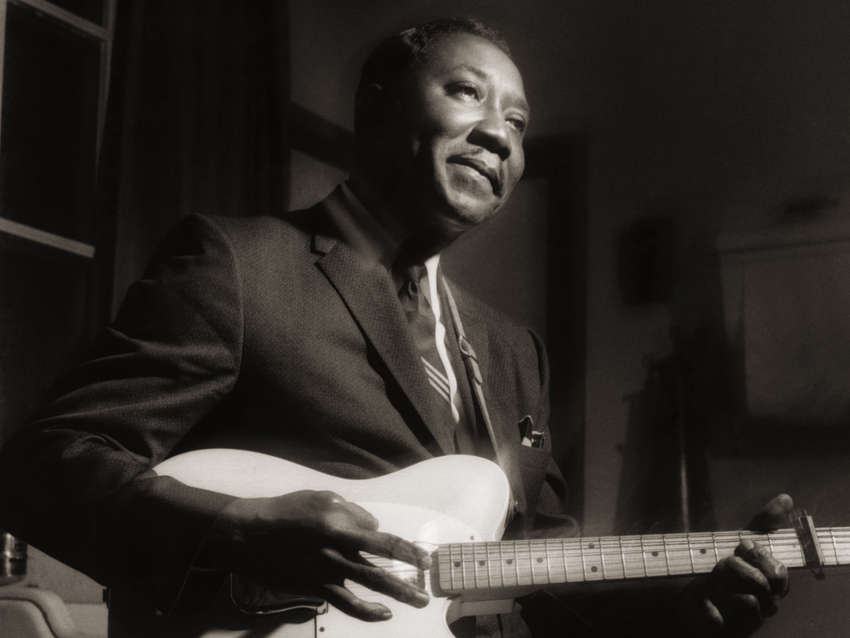
Muddy Waters
“Muddy Waters is the Delta blues, and he definitely taught me something about that. By listening to Muddy Waters and Johnny Winter, I learned a lot about slide playing and phrasing.
“Feel, soul, depth... it's all there. It’s different from somebody showing you a scale and saying, ‘Here, put it in a song.’ It's moods."
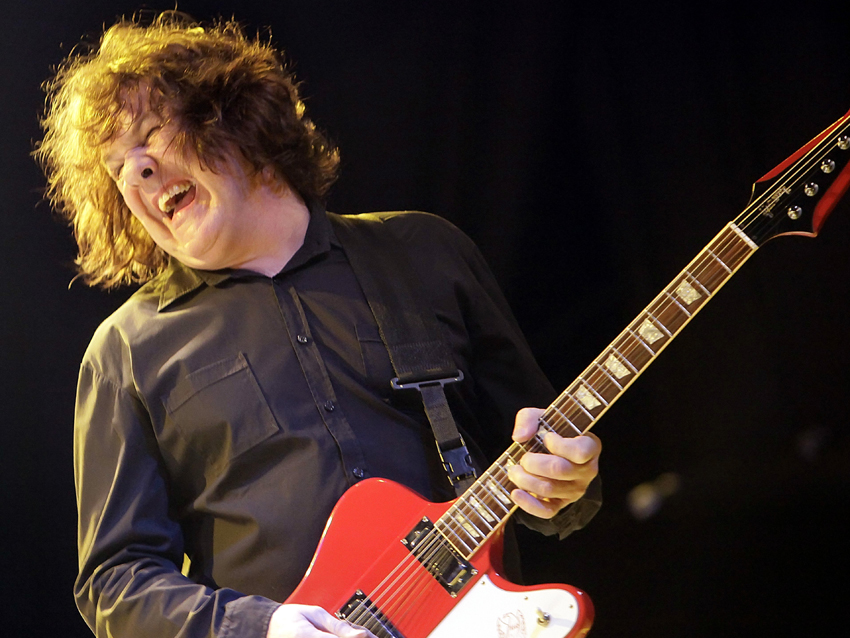
Gary Moore
“He’s more of a slower-type blues guy, so I learned a lot of cool bends from listening to him. Some of the melodies that he came up with were a bit different – I won’t say ‘odd’ different, but he definitely hit some notes that other people normally wouldn’t.
“He was in Thin Lizzy, so he could certainly play rock ‘n’ roll, but like me, his heart was in the blues.”
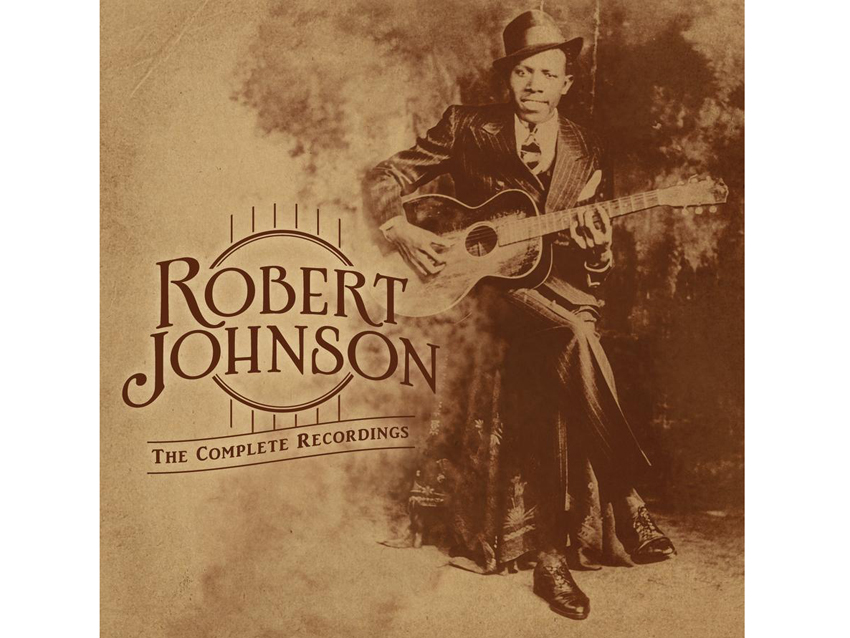
Robert Johnson
“Robert Johnson was the full pioneer of everything to me. In there’s such a thing as reincarnation, I would say that Robert Johnson and Jimi Hendrix were the same person.
“He made a deal with the Devil and took blues in the ‘30s to a whole new place. It’s interesting to listen to a lot of the older players. Son House – to me, he played kind of sloppy. A lot of the older guys were very percussive – they’d be banging on the guitar just to have something there. But Robert Johnson made the guitar sound more like a melodic instrument.”
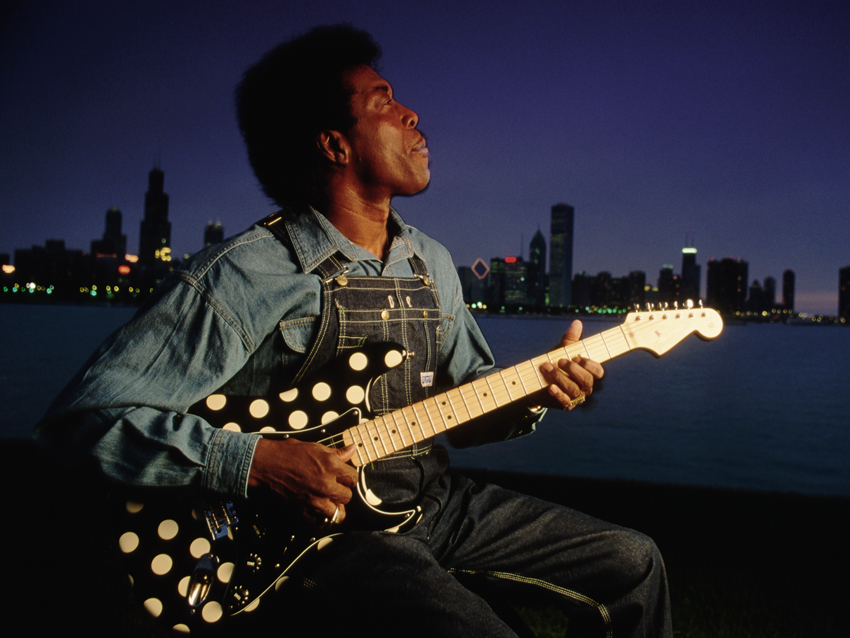
Buddy Guy
“Buddy Guy is just a full nut to me! The man is a great player, but he’s wild. There was a little place I used to go to, and I remember he had what must have been a hundred-foot long cord. He would go out of the club and play in the street. It was crazy! He did all of these weird things, which impressed me.
“I was about 17 when I saw him for the first time. He was very inspiring on a showmanship level.”
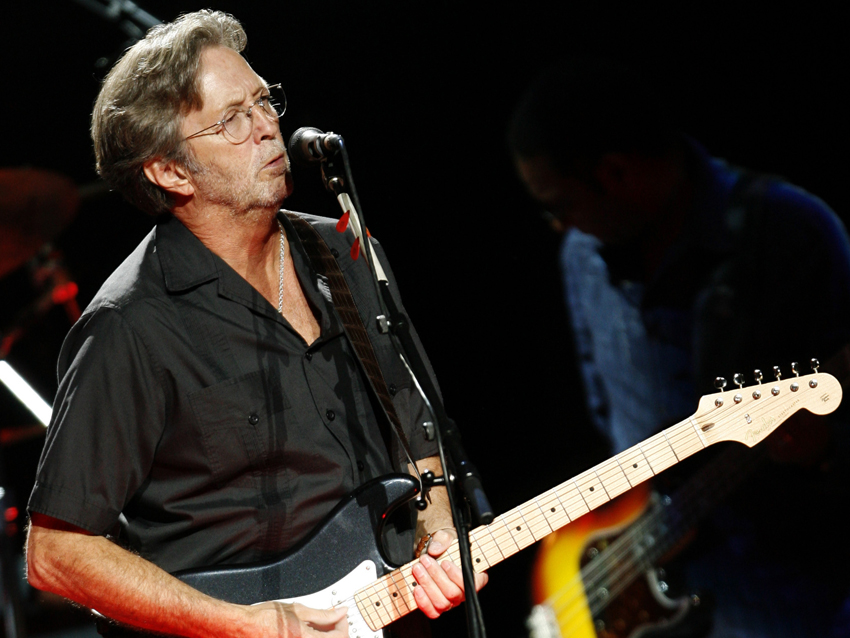
Eric Clapton
“He’s always there, he’s always on it. To me, he plays the perfect melody for whatever the song is. A lot of people just jam something, anything, but to me, Eric always plays with the song, and exactly what the song needs. That’s why you can hum what he does – he plays hooks.
“His tone is always changing, which is kind of cool, but I really liked his sound during the Cream days.”
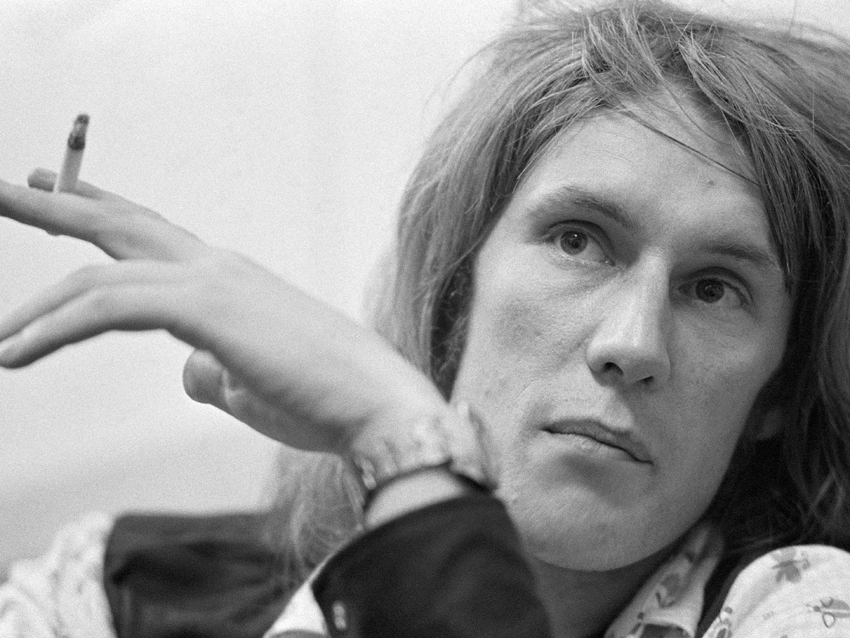
Alvin Lee
“Alvin Lee played with a lot of speed, but there was also a jazz element to it. You can really hear this on the [Ten Years After] Undead album – he played a lot of jazzy stuff on that one.
“I learned a lot of cool licks from listening to him. I don’t know what you’d call it – jazz, I guess.”
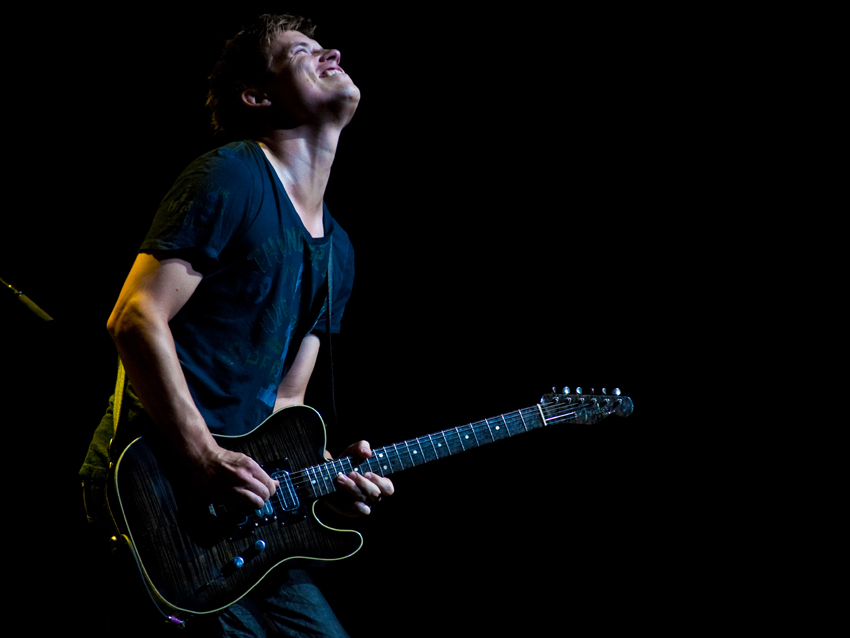
Jonny Lang
“To me, Jonny Lang reintroduced the blues to a lot of people. I think when he came out he got a lot of TV exposure and people grasped – or re-grasped – the blues, which is the roots of modern music.
“Like me, Jonny Lang has probably taken from a lot of styles, but when he plays, I hear Jonny Lang. When I play, you can tell it’s me. When Slash plays, you can tell it’s him. Same with Clapton. That’s what’s important: you should take from different places but develop your own style.”
Joe is a freelance journalist who has, over the past few decades, interviewed hundreds of guitarists for Guitar World, Guitar Player, MusicRadar and Classic Rock. He is also a former editor of Guitar World, contributing writer for Guitar Aficionado and VP of A&R for Island Records. He’s an enthusiastic guitarist, but he’s nowhere near the likes of the people he interviews. Surprisingly, his skills are more suited to the drums. If you need a drummer for your Beatles tribute band, look him up.
